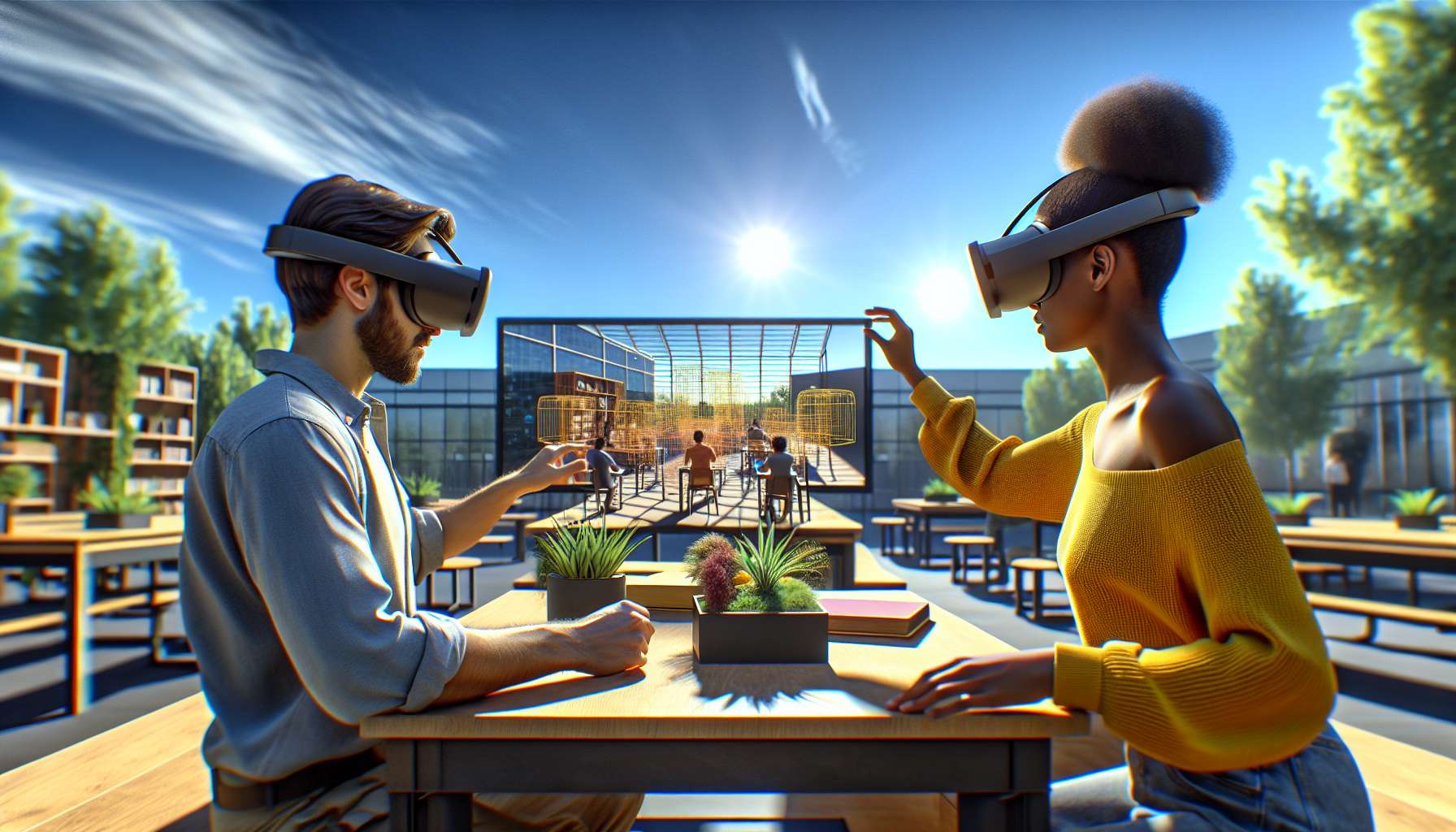Unlocking the Power of Augmented Reality: Tools for Effective Product Education
As technology continues to evolve, businesses are constantly seeking innovative ways to engage and educate their customers. One such tool that has gained significant traction in recent years is augmented reality (AR). By blending the virtual world with the real world, AR offers a unique and immersive experience that can revolutionize the way businesses educate their customers about products. In this article, we will explore the power of AR tools and how they can be effectively used to educate customers about products.
What is Augmented Reality?
Before diving into the practical applications of AR in product education, let’s briefly understand what augmented reality is. AR is a technology that overlays digital information, such as images, videos, or 3D models, onto the real world. This is typically achieved through the use of smartphones, tablets, or specialized AR glasses. By doing so, AR enhances the user’s perception of reality and provides a more interactive and engaging experience.
The Benefits of AR in Product Education
AR offers several advantages over traditional methods of product education. Firstly, it allows customers to visualize and interact with products in a virtual environment, eliminating the need for physical prototypes or samples. This not only saves costs but also enables businesses to showcase a wider range of products without the limitations of physical space.
Secondly, AR provides a personalized and immersive learning experience. Customers can explore products at their own pace, zoom in on specific features, and even customize certain aspects to see how they would look in real life. This level of interactivity not only enhances understanding but also increases customer engagement and satisfaction.
Thirdly, AR tools can bridge the gap between online and offline shopping experiences. By integrating AR into e-commerce platforms or mobile apps, businesses can enable customers to virtually try on clothing, visualize furniture in their homes, or even see how a new car would look in their driveway. This not only boosts customer confidence in their purchasing decisions but also reduces the likelihood of returns or dissatisfaction.
Real-World Examples
AR tools have already been successfully implemented by various businesses across different industries. For instance, home improvement giant Lowe’s introduced the “Lowe’s Vision” app, which allows customers to visualize how products would look in their homes. This not only helps customers make informed decisions but also increases their confidence in purchasing from Lowe’s.
In the beauty industry, Sephora’s “Virtual Artist” app enables customers to try on different makeup products virtually. By simply scanning their face, customers can experiment with various shades of lipstick, eyeshadow, and more. This not only saves time but also enhances the overall shopping experience.
The Future of AR in Product Education
The potential of AR in product education is vast and continues to expand. As technology advances, we can expect more sophisticated AR tools that offer even greater realism and interactivity. For example, imagine being able to virtually walk through a car’s interior, feeling the texture of the seats or hearing the sound of the engine.
Furthermore, with the integration of artificial intelligence (AI), AR tools can become even more intelligent and personalized. AI algorithms can analyze customer preferences and behaviors to provide tailored product recommendations or suggest complementary items. This level of customization not only enhances the educational experience but also strengthens customer loyalty.
Conclusion
Augmented reality is revolutionizing the way businesses educate their customers about products. By leveraging AR tools, businesses can provide immersive, interactive, and personalized learning experiences that enhance customer engagement and satisfaction. From visualizing furniture in homes to virtually trying on makeup, the possibilities are endless. As technology continues to advance, we can expect even more exciting developments in the field of AR, making it an indispensable tool for effective product education.





